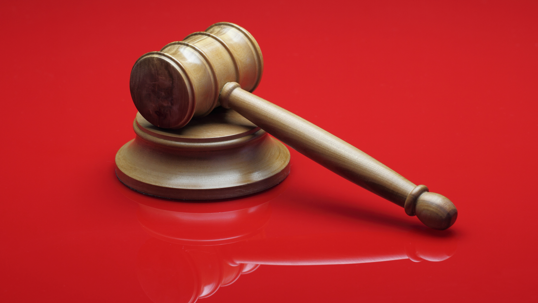

The Iowa Supreme Court just handed down an important decision of first impression as it relates to a third-party claims administrator’s potential “bad faith” liability. Samuel DeDios v. Indemnity Insurance Co. of North America and Broadspire Services, Inc.
Generally speaking, an insurance company owes its insureds a “duty of good faith and fair dealing.” If the insurer breaches this duty, it may be liable for acting in “bad faith,” under which circumstances the insurer can be liable to the insured for damages, including potential liability for punitive damages. Many insurers hire third party claims administrators to handle/adjust claims submitted by insureds. On May 10, 2019, the Iowa Supreme Court held that, in the worker’s compensation arena, a duty of good faith and fair dealing vis-à-vis injured workers, while continuing to apply to worker’s compensation insurers, does not apply to third-party claims administrators.
In the DeDios case, the national law firm of Baker Donelson and the Sioux City, Iowa office of Goosmann Law Firm represented Broadspire Services, Inc., an insurance third-party claims administrator which was being sued, along with the insurance carrier, for “bad faith” in the United States federal district court for the Northern District of Iowa. In the lawsuit, the federal district court certified a question for the Iowa Supreme Court to answer: “In what circumstances, if any, can an injured employee hold a third-party claims administrator liable for the tort of bad faith for failure to pay workers’ compensation benefits?”
The defendant insurance carrier, IINA, had contracted out its claims adjusting services to co-defendant Broadspire, as it related to the handling of Mr. DeDios’s worker’s compensation claim. Separate from the worker’s compensation claim itself, Mr. DeDios sued IINA and Broadspire, alleging “bad faith” under Iowa common law concerning the handling and administration of his worker’s compensation claim.
Broadspire filed a motion to dismiss in the federal court lawsuit, alleging that Iowa law did not recognize bad faith tortious conduct as a cause of action against third-party insurance claims adjusters in the worker’s compensation arena. Subject to reconsideration, the federal court denied Broadspire’s motion while at the same time certifying the question presented to the Iowa Supreme Court for its answer and decision.
The Iowa Supreme Court ruled in a 5-2 decision that, in the worker’s compensation arena, a third-party claims administrator cannot be held liable for “bad faith.” For third-party claims administrators, the Iowa Supreme Court’s decision in DeDios is welcome news.